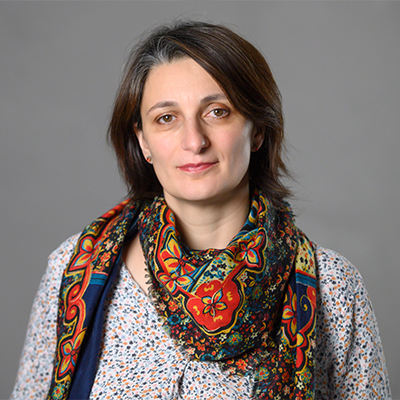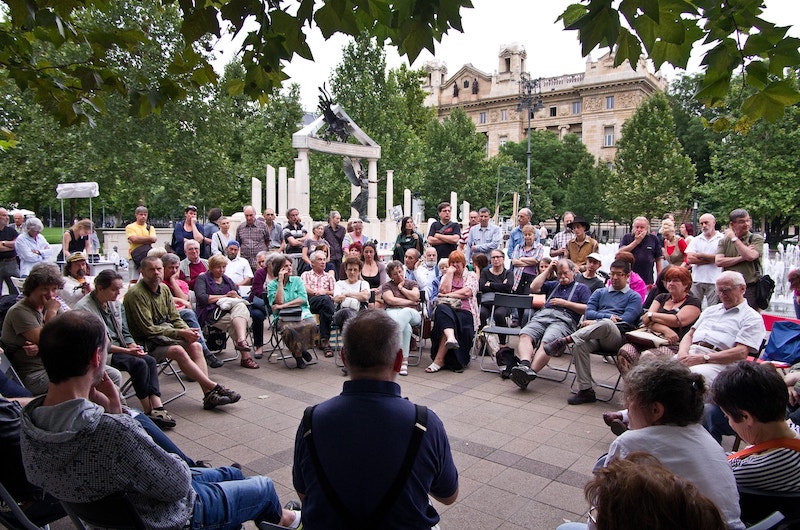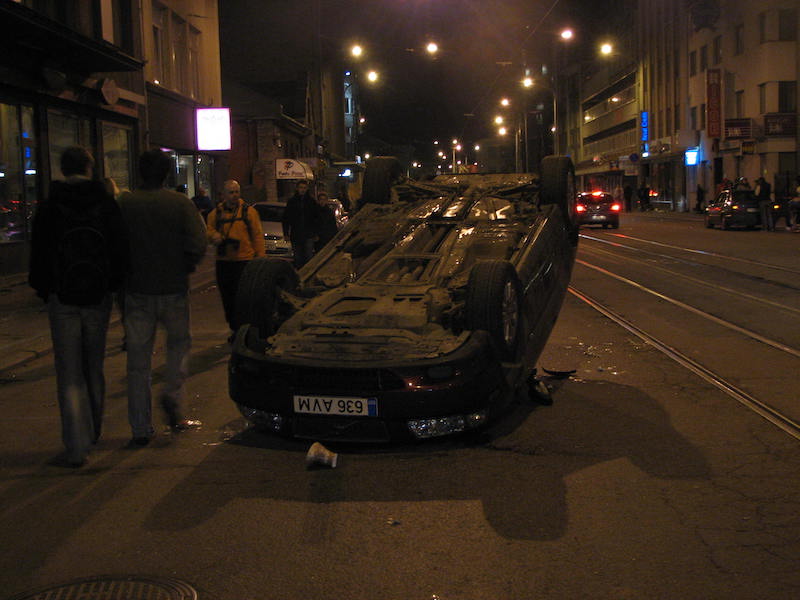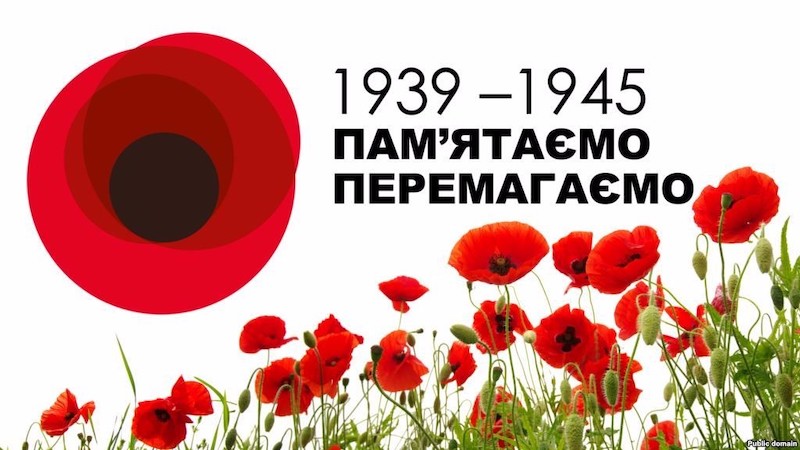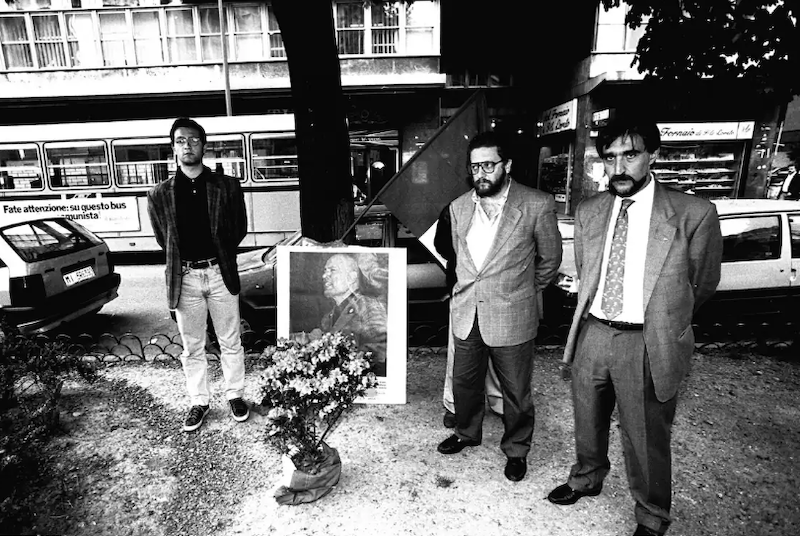Art historian András Rényi on the tough conversation about WWII memory in Hungary.
The Hungarian state and society is shirking its responsibility for the Holocaust – this is one of the most frequent criticisms of the memorial to the Victims of the German occupation, erected in Budapest in 2014.
This disapproval of a memorial which makes no mention of Hungary’s role in one of the 20th century’s darkest chapters has even developed into a grassroots protest. For almost ten years, civil members of the Living Memorial movement have regularly gathered near the memorial to talk about their memories, such as the role of Hungarian authorities in the holocaust, and family deportations and mass killings.
András Rényi talks about this initiative.
How does this debate affect the memory of the Second World War?
Symbolic politics is one of the most important playing fields of the Hungarian regime of today. Under the current constitution, Hungary was not sovereign for 46 years due to the German and Soviet occupations, and everything that happened during this period was down to collaborators.
In the controversial statue, a German eagle swoops down on the Archangel Gabriel, who drops the orb (part of the Hungarian crown jewels) from his hand. The same Archangel leads the conquering Hungarians towards the Carpathian Basin on the monument in Heroes’ Square.
These two works of art in Budapest mark the beginning and the end of Hungary’s thousand years of history, and the beginning of a new Viktor Orbán era, which takes no responsibility for the sins of the past.
Has it been possible to counterbalance this message?
The Living Memorial movement is one of the few initiatives that forced the Orbán government to a symbolic defeat. The occupation memorial – which attracted such criticism – has never been officially inaugurated.
What is the status of the memory of the Second World War today?
The knowledge and experience accumulated during the Second World War becomes more and more distant and impersonal. And now it is being reactivated, because of Russia’s war against Ukraine. The images of the massacre in Bucha shocked the whole European public, for example. Putin’s aggression has reinforced the sense of danger in the liberal world.

